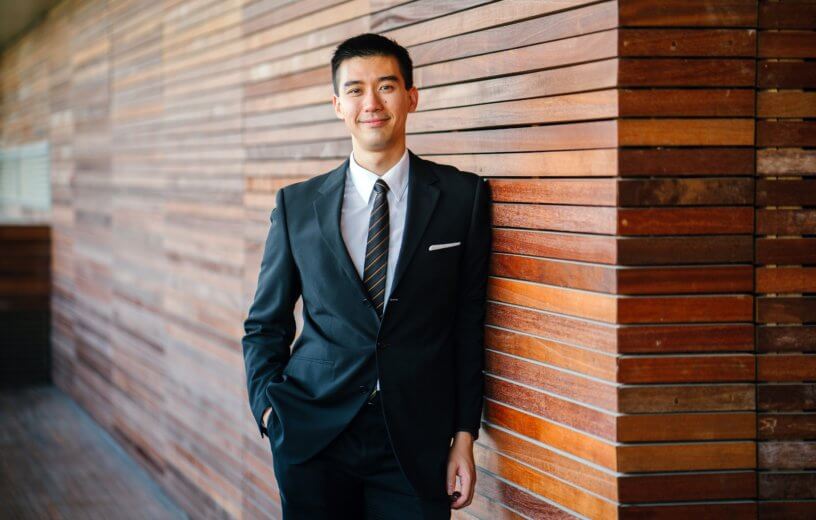WASHINGTON — Modesty is the best policy when it comes to teamwork. A new study by a team with the American Psychological Association reports that people who do not show off their wealth and social status appear more cooperative and willing to collaborate with others.
Previous research has found that people who flash luxury brands and how well-off they are appear more disciplined, intelligent, and competent than those that do not. However, flashing social symbols won’t make you any new friends. The new research suggests co-workers perceive those with high social status as someone who cares more about their self-interest than helping others.
“It is generally assumed that signaling status can strategically benefit people who want to appear high class – why else would people pay a premium for products with luxury logos that have no other functional benefits? But it can also backfire by making them seem more self-interested,” says lead researcher Shalena Srna, PhD, an assistant professor of marketing at the University of Michigan’s Ross School of Business, in a media release. “In social situations that depend on cooperation, people will often choose to present themselves more modestly.”
Neutrality is a winning strategy
In six different experiments, the research team recruited 395 online participants to look through their social media profiles and pick which ones they thought were cooperative, selfless, and generous enough to join their community. Study authors randomly selected the participants to see either modest or neutral social media profiles (with posts such as “I saw the cutest puppy today! #goldenretrievers”) or a profile that screamed “I have a high social status.” That profile would have similar neutral language but also contain posts talking about owning luxury cars, clothing, food, or travel, such as “Heading to Madrid! #firstclass #luxury.”
People who saw profiles that seemed to belong to people of high status were less likely to recommend that they join their group. They were also more likely to rate the person as wealthier, only concerned about their status, and less caring of others.
A separate experiment involving 1,345 participants from three universities had people imagining a brand-new social media profile. The group had to choose what to wear for the profile picture. Study authors told participants they were using the profile to get into an online group. However, only half knew that the group was looking for someone who appears extremely cooperative. People had the choice of choosing luxury brand clothing such as Prada or Gucci and non-luxury brand clothing such as Sketchers or Old Navy, or unbranded clothing.
People who wanted to look like a cooperative team player were less likely to choose luxury clothing than those that did not. However, people in general were equally likely to wear non-luxury brand clothing regardless of if they knew about the group’s desire for a cooperative person.
“This experiment shows that people are attuned to when the value of luxury logos switches from positive to negative,” says Dr. Srna. “Not only are people strategic about when to signal status, they are also strategic about modesty.”
Making an impression still works
While modesty is desirable in looking like a cooperative team player, there were some benefits to showing off your wealth. When participants knew the group was looking for a competitive team member, people were more likely to choose luxury brand clothing.
“Posting about your luxury purchases and expensive vacations on Instagram or TikTok may help you to persuade others, intimidate competitors and succeed on the dating market — at least for men — but it could also signal to potential friends or future employers that you are unlikely to think about the needs of others,” Dr. Srna says. “This becomes a tricky balancing act for people who may want to impress others while also demonstrating that they can be a ‘team player.’”
The study is published in the Journal of Personality and Social Psychology.

